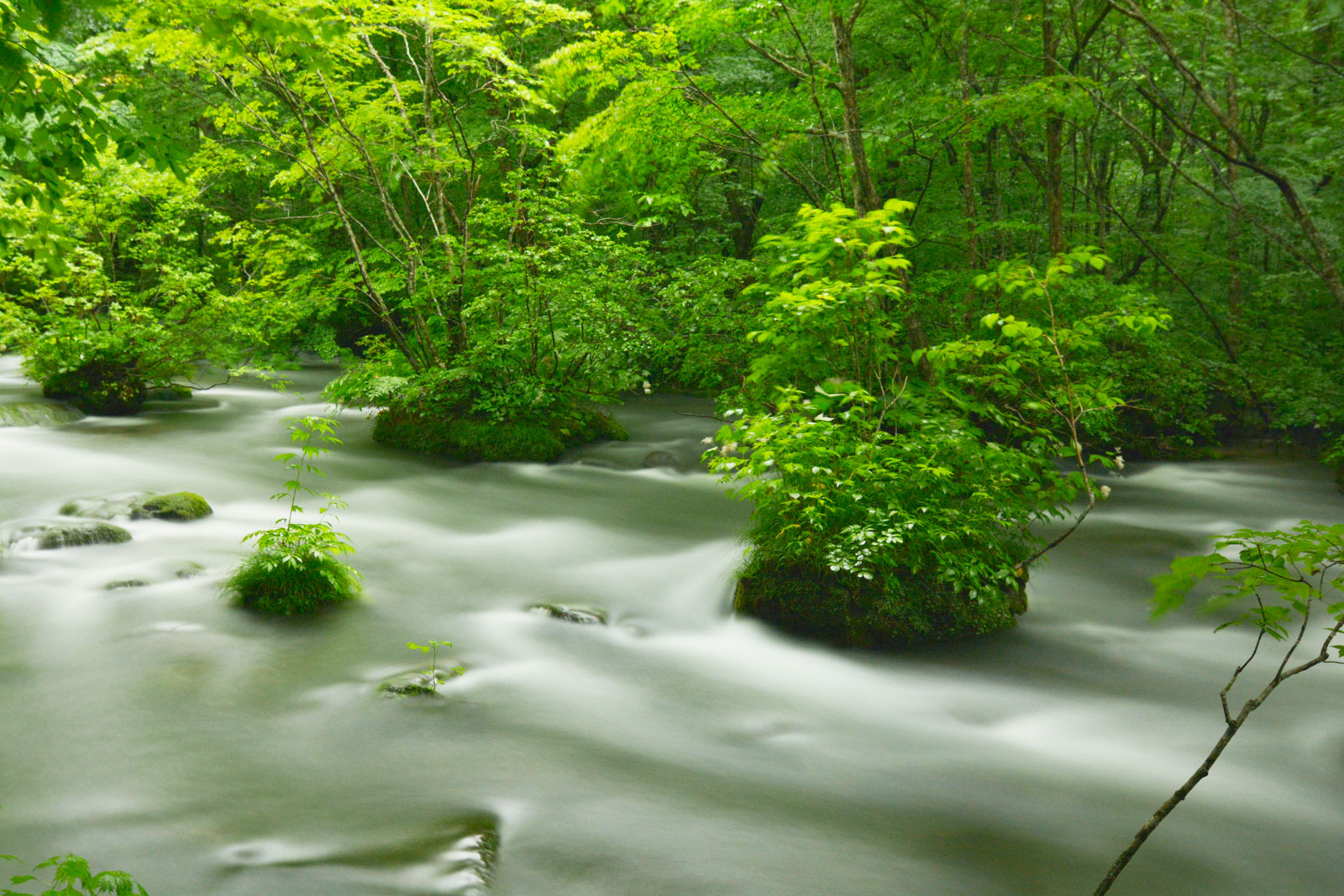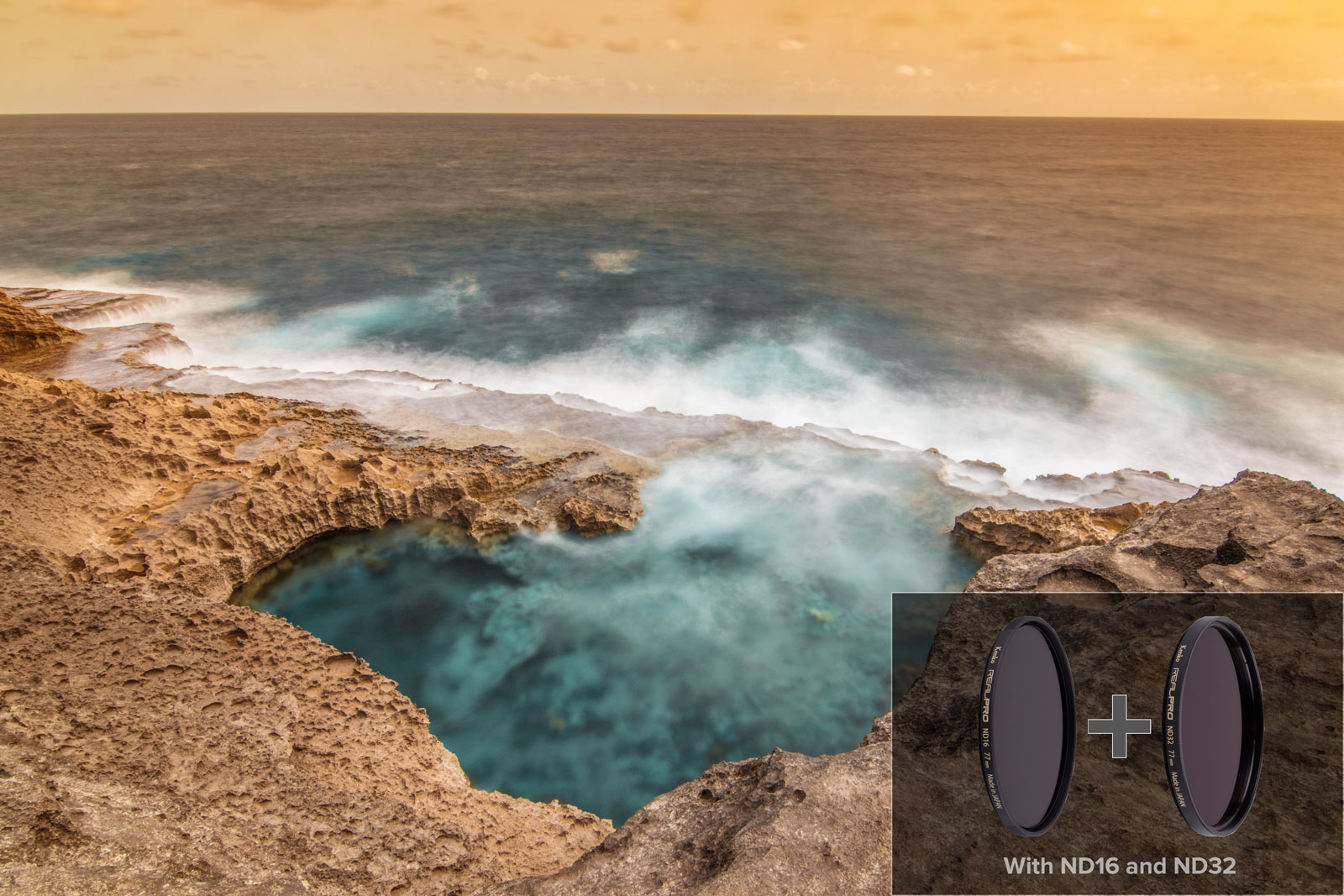Let's enjoy shooting the slow shutter photography with ND filters!
Have you ever seen the picture such as below? This is taken by slow shutter. You can shoot the smooth motion of the water as below by slowing the shutter speed of the camera. Must-have tools in slow shutter photography are ND filters (filter for light reduction). By understanding about ND filters, let's try to shoot the scenery that you can't actually see.
When are ND filters necesseary?
If you want to create the movement in your picture, you need set the slow shutter speed. You can reproduce in your photos the flowing smooth movement with the ND filter.
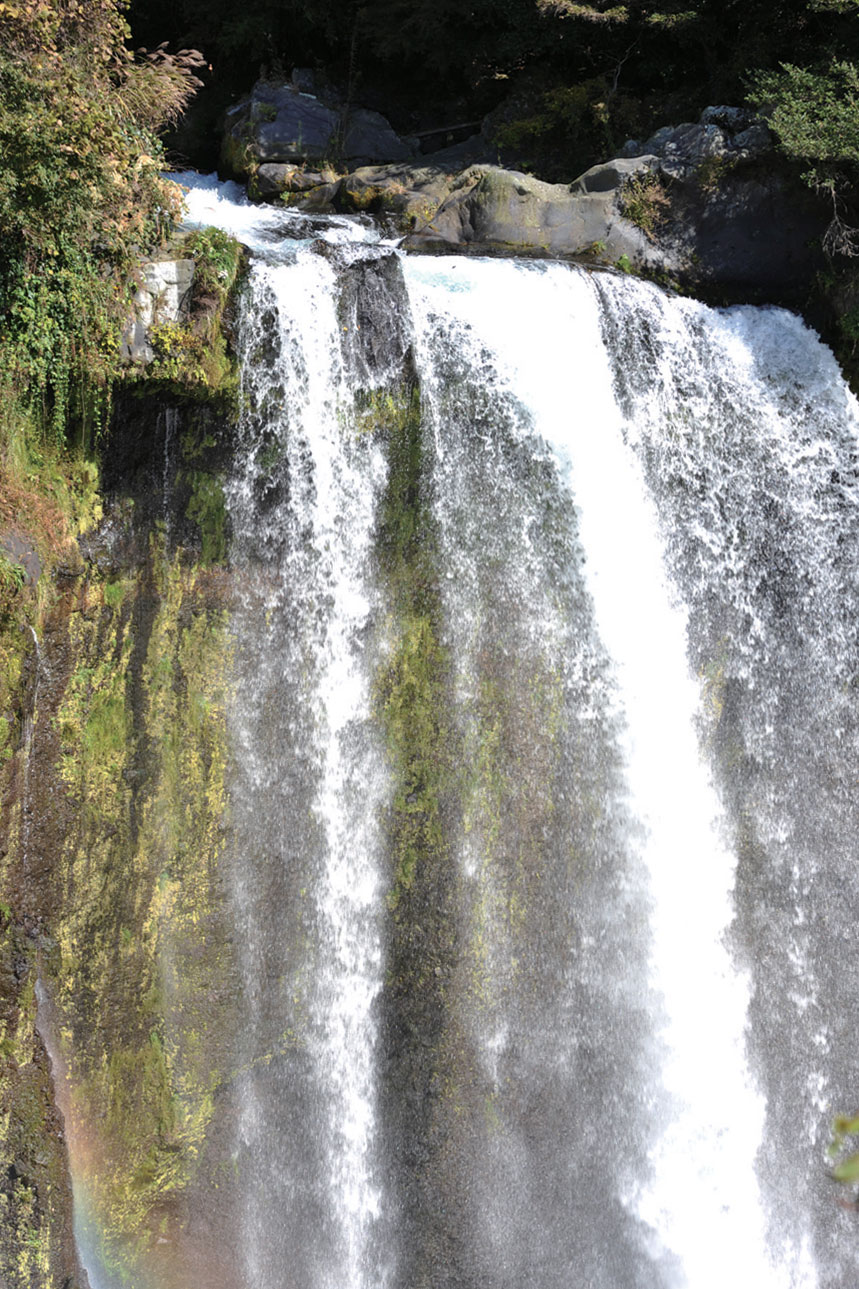 |
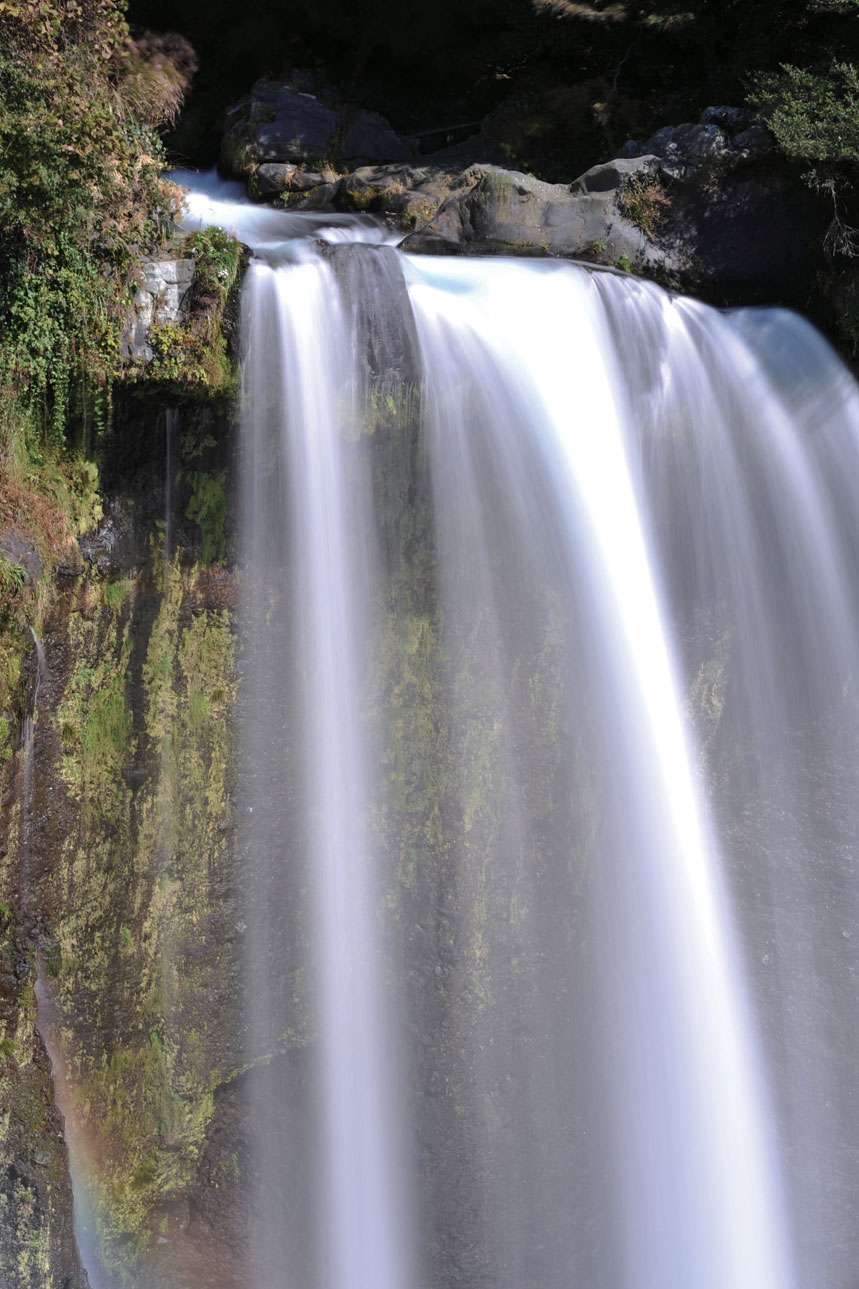 |
Have you ever taken a picture during the day and it turned white like the picture below? Open aperture in bright, sunny days can get your image overexposed. Using a ND filter in this light situation will help you reduce the amount of light to achieve proper exposure with your aperture wide open.
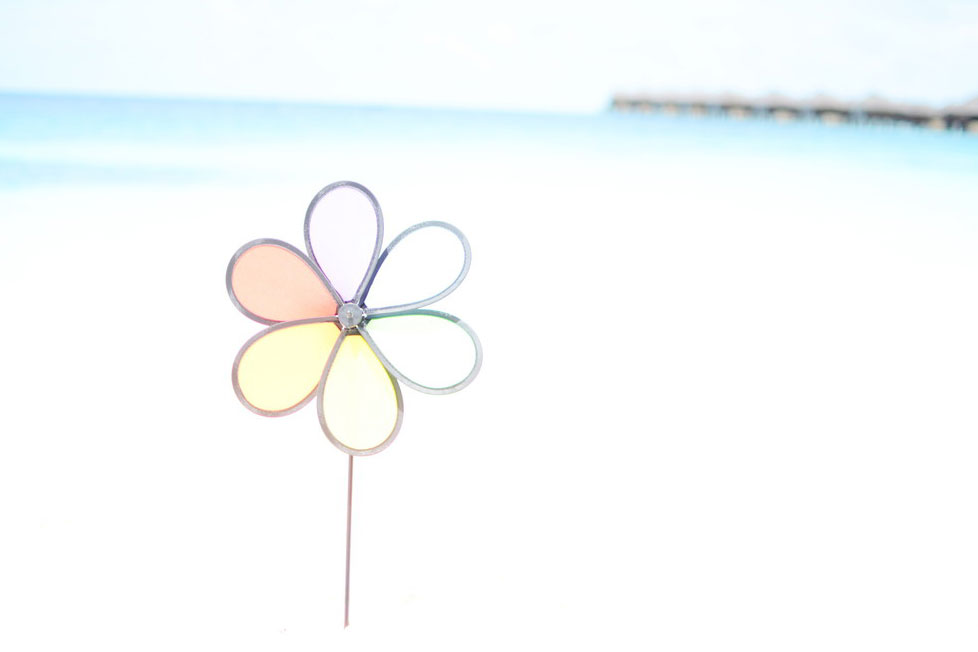 |
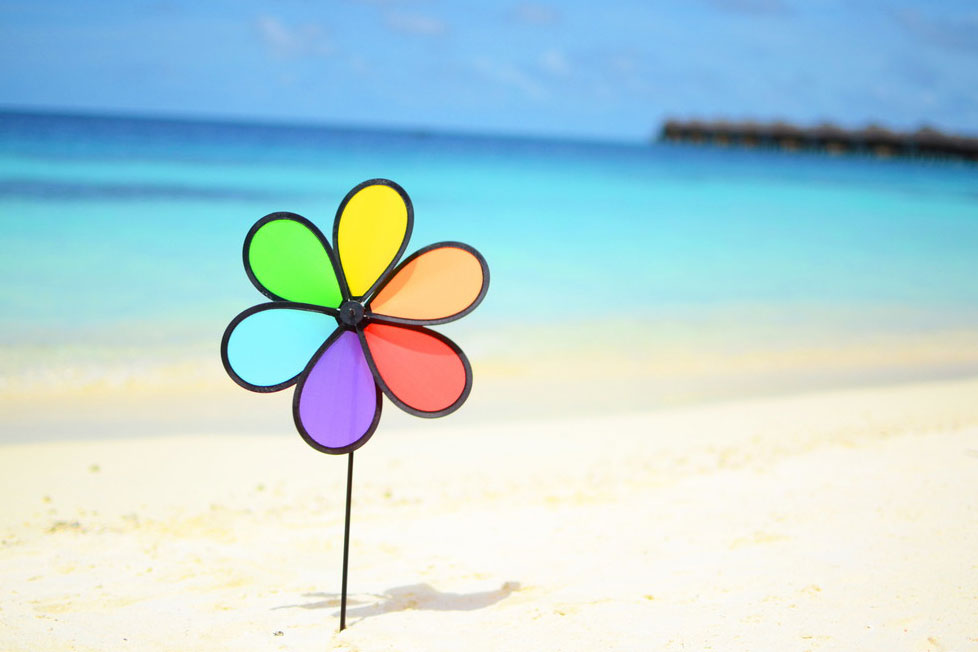 |
Choosing the most suitable ND filter for the scenarios
ND filters are useful in a variety of scenes such as nature, cityscapes, and so on.
Sea and lakes |
Waterfall and rivers |
Movement of clouds |
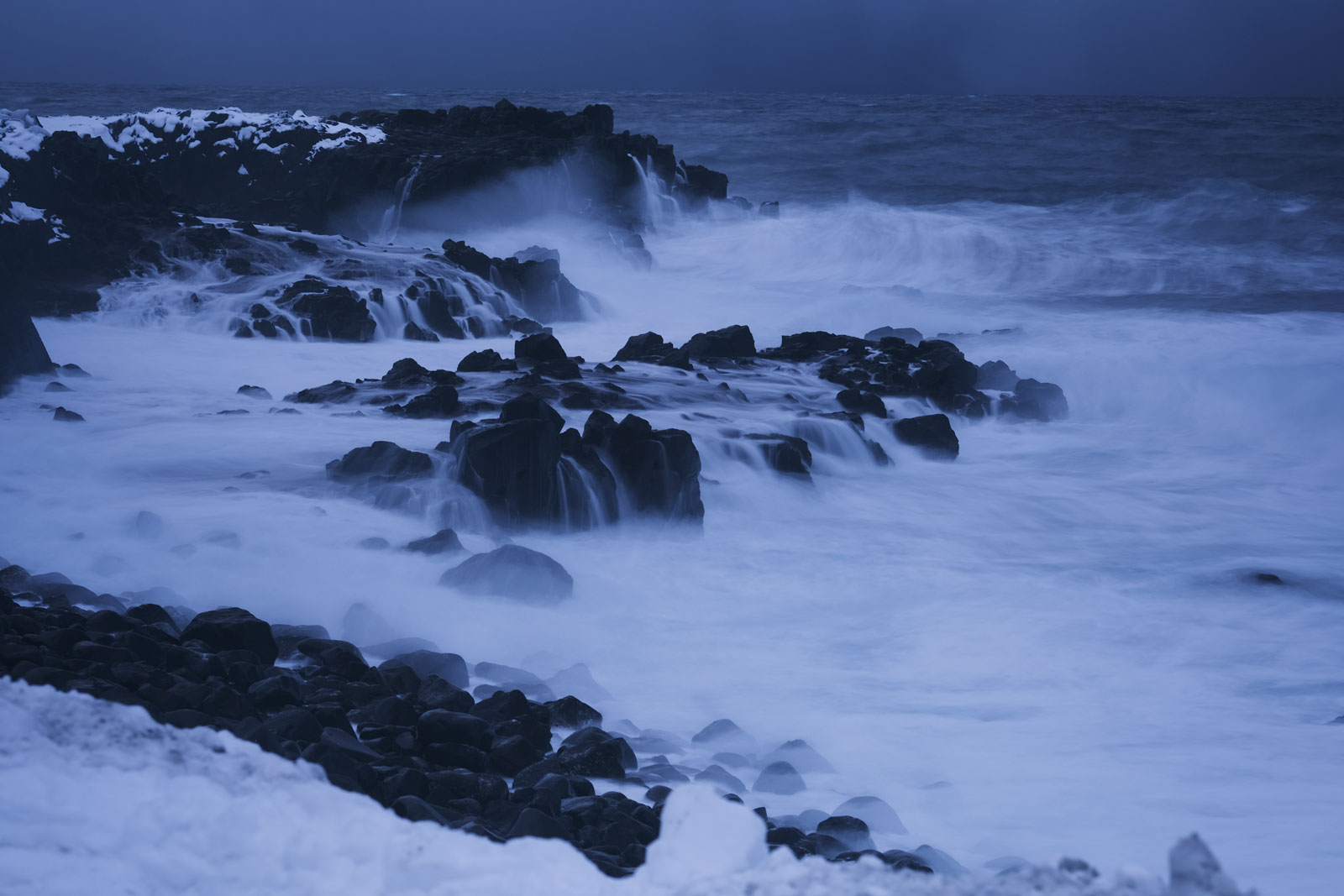 |
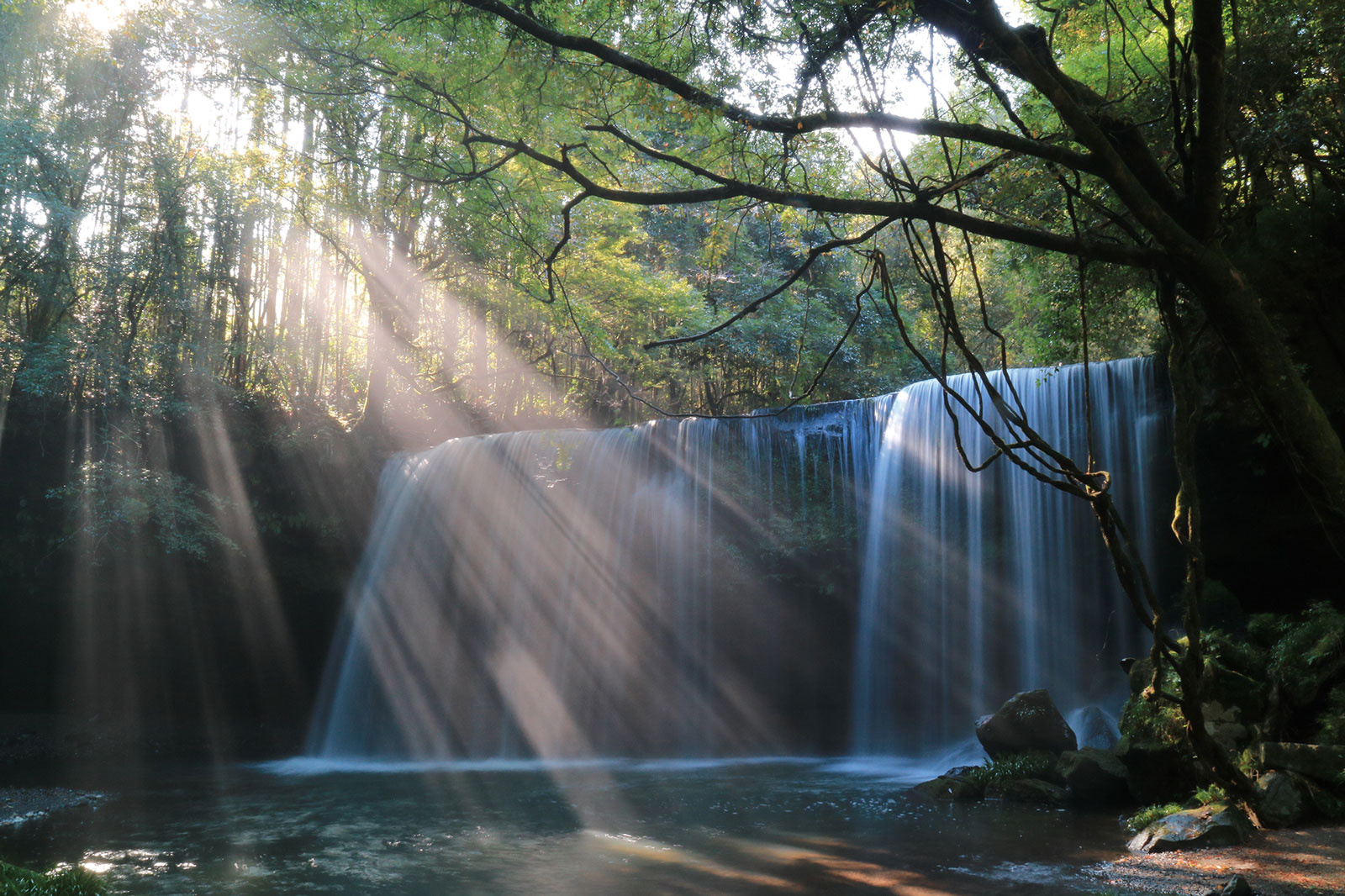 |
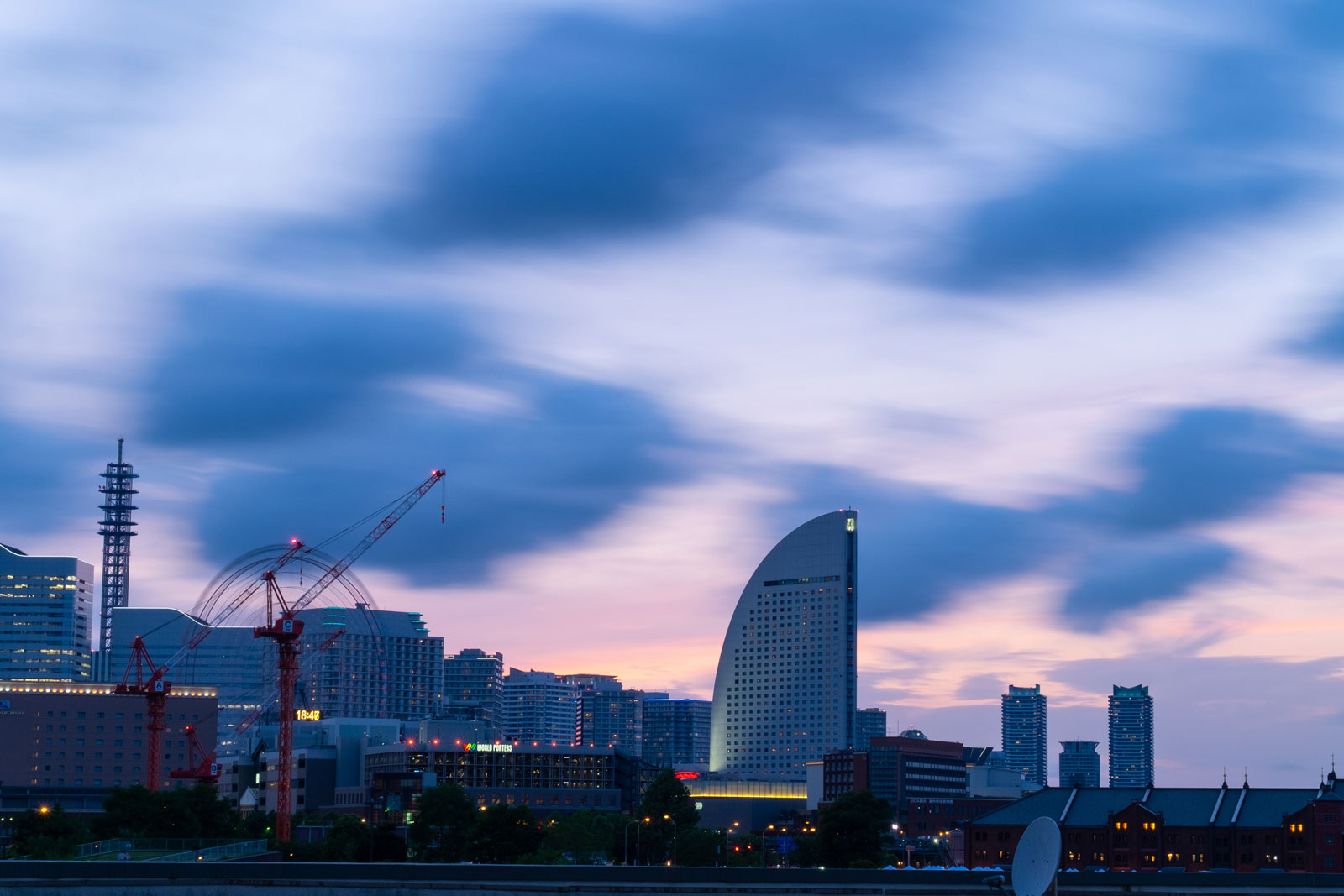 |
|
ND1000/ND500 |
ND8/ND16/ND32/ND64 |
ND1000/ND500 |
Fireworks |
Afterimage of people |
City Scape Light Trails |
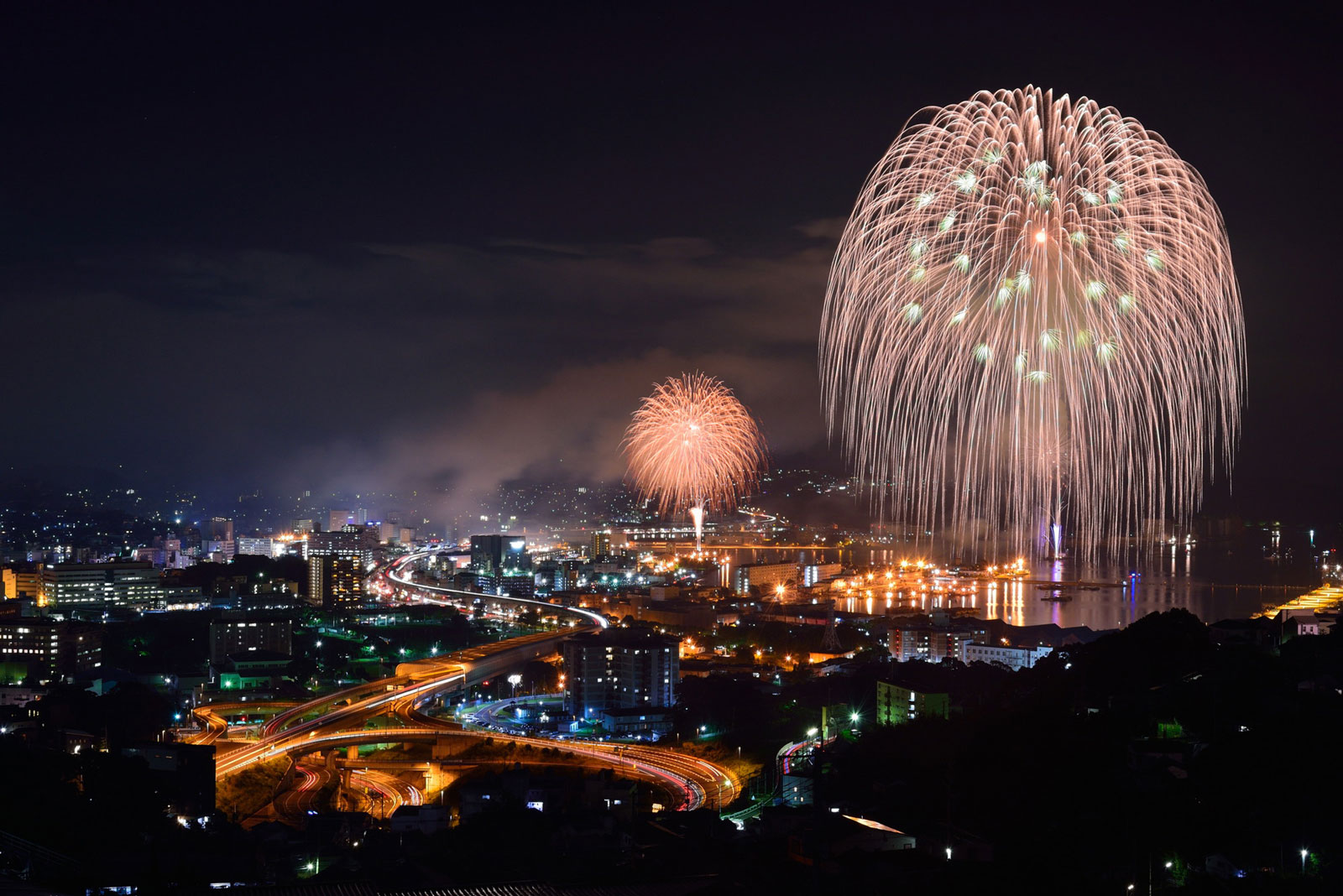 |
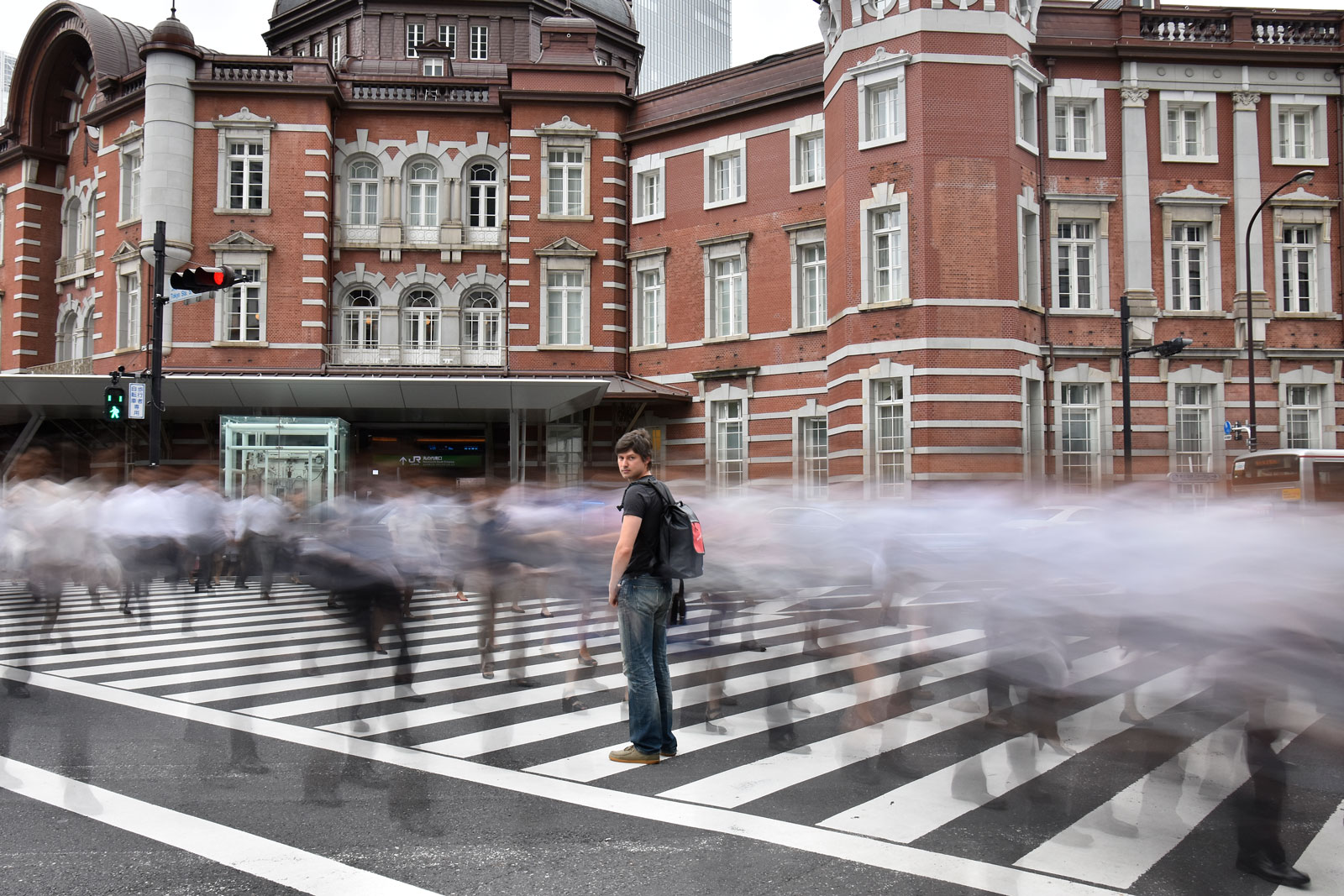 |
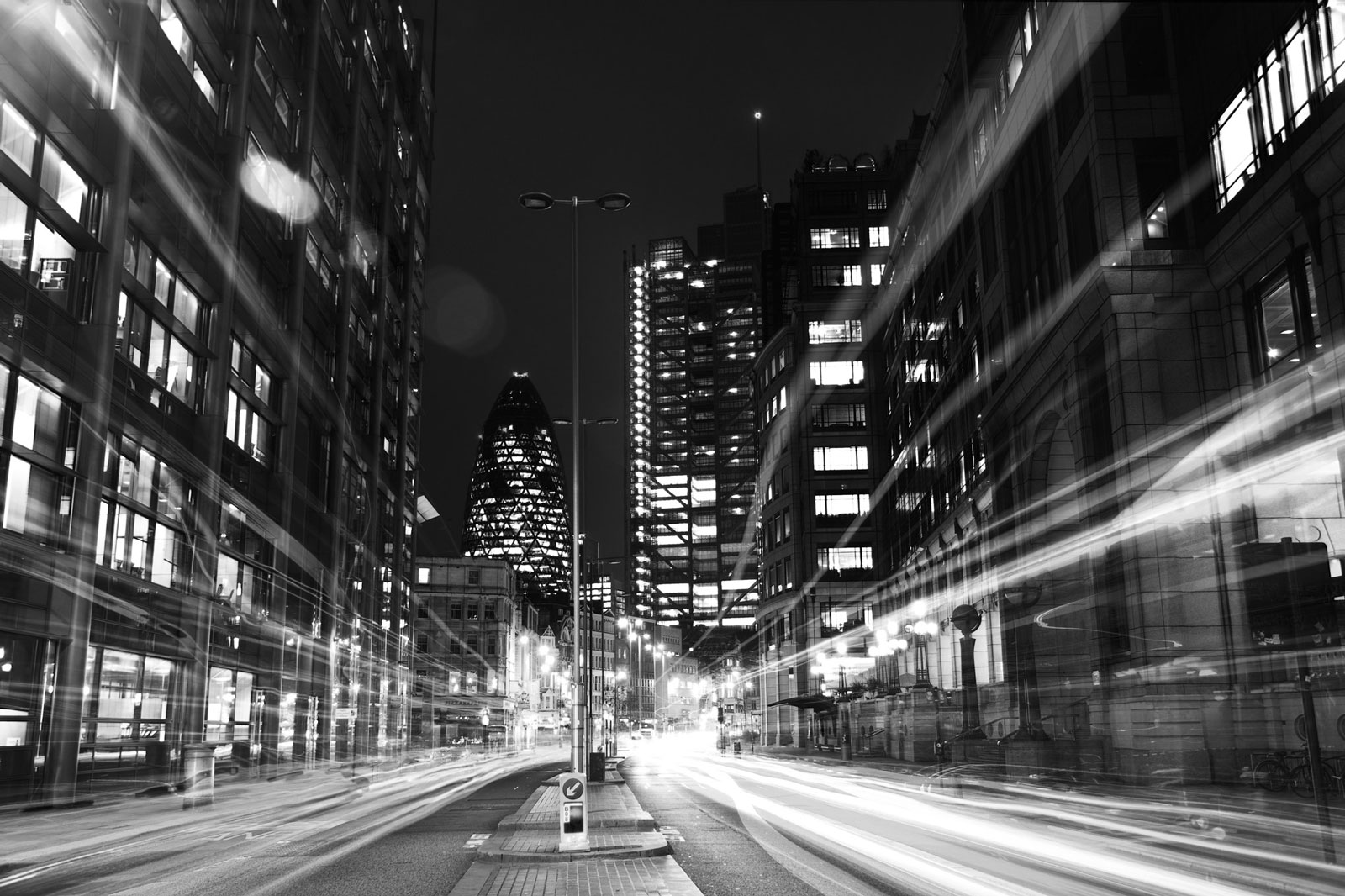 |
|
ND4/ND8 |
ND1000/ND500 | ND4/ND8 Title: The city Photographer: Derek John Draper |
* Recommended ND filter to use in each scene.
How to choose ND filters
Choosing the right ND filter depends on different factors, like the shooting object, the light and the weather, what you want to express, the taste you want to add to your photos, and so on. For beginners, the best choice for now would be a high versatility ND filter, like a ND8 or ND16. As their ND value is not high, these filters are easy to use and suitable. Also, for video photographers, the variable ND filter is best to change and adjust the amount of light loss with just one filter.
Use combined the ND filters
You can use two ND filters combined together. For example, ND16 and ND32, you can use them by ND500 (9 stops). You can culculate the total ND factor and amount of light loss as the below.
ND16 + ND32 = ND500 (total ND factor)
4 stops + 5 stops = 9 stops (total anount of light loss)
